The "digital literacy" movement launched by General Secretary To Lam aims to popularize digital technology knowledge for the community, including the application of artificial intelligence (AI). In the effort to bring AI into all areas of life, vulnerable groups (the elderly, those not familiar with technology, and those with disabilities) also need attention.
Great assistant
In recent years, the United Nations (UN) has had many projects and programs to build an accessible future for everyone, emphasizing the application of AI to help people with disabilities (PWDs) integrate into society.
Technology can be a powerful tool to help marginalized people integrate into society. Whether it be through increased access to information, education or the job market, AI technology now has the potential to transform lives and create a more inclusive and accessible world for everyone. However, according to the UN, this potential remains untapped.
In 2022, the World Health Organization and UNICEF noted that more than 2.5 billion people needed one or more assistive products, such as wheelchairs, hearing aids, or apps that support communication and cognition. But in reality, nearly 1 billion people were denied access. In his report on AI and the Rights of Persons with Disabilities, Gerard Quinn, former UN Special Rapporteur on the Rights of Persons with Disabilities, explained that AI-powered systems offer new opportunities for the inclusion of persons with disabilities. They can address specific individual needs and expand the ability for persons with disabilities to live independently. By improving assistive technologies, AI can enhance personal mobility. For example, it can help identify accessible routes, facilitate communication through eye-tracking and voice recognition software, and allow persons with disabilities to access information and education. Digital assistants, speech-to-text software, automatically generated video captions and image descriptions, sign language avatars, prosthetic limbs, and even mental health support.
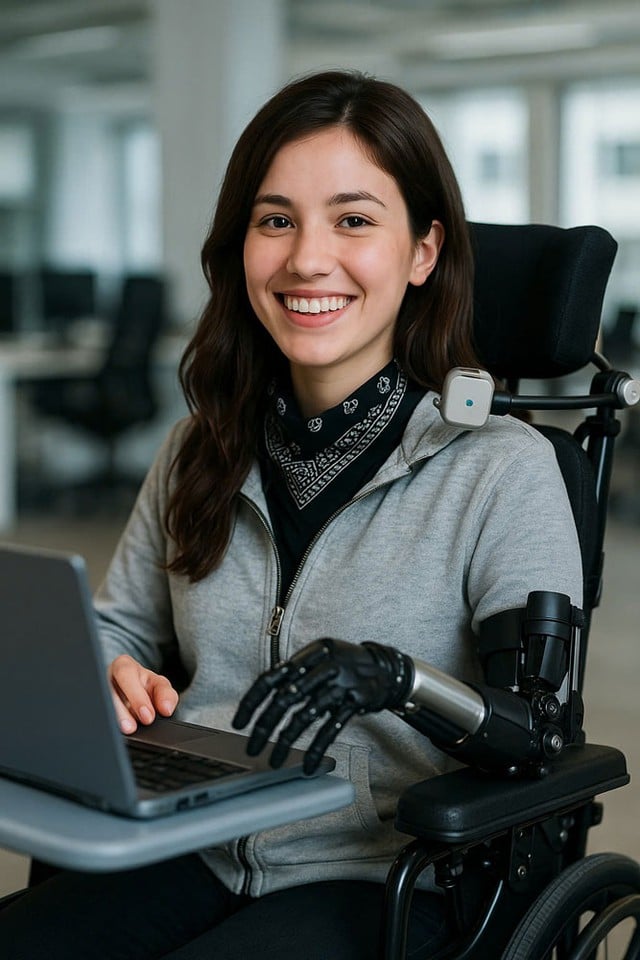
AI applications help people with disabilities improve their lives. AI illustration: NGO LE
In Vietnam, according to 2024 data from Vietnam Social Security, there are currently more than 7 million PWDs, accounting for more than 7.06% of the population aged 2 and over, of which PWDs with severe and extremely severe disabilities account for about 28.9%, and about 10% of PWDs are from poor and near-poor households. With efforts from many sides, PWDs' access to information technology in Vietnam is increasing. The rate of PWDs with internet access in 2023 is 33.6%, and having mobile phones in 2023 is 53.7% (compared to 38.9% in 2016). For many years, Microsoft Vietnam has cooperated with RMIT University Vietnam to launch the "Microsoft AI for PWDs" (AI4A Hackathon) contest. This is a contest organized by Microsoft Corporation across the Asia-Pacific region since 2019 to seek initiatives using AI to improve daily life activities for PWDs. Most recently, in the AI4A Hackathon 2024 competition in Vietnam, the Respectability team of 3 RMIT Vietnam students won the championship with the SightSence Technology solution. This is a solution that uses AI technology to develop glasses with integrated cameras and a sensor stick for the blind that can convert image data into tactile information through a Braille display.
Last year, the champion of AI4A Hackathon 2023 Vietnam, Team ATP, also from RMIT Vietnam, introduced the AI Speech Companion application to support people with stuttering in preparing content, helping them reduce stress and increase confidence through the ability to prepare thoroughly before important communication sessions such as presentations or interviews.
Go door to door
On March 26, the "Digital Literacy for All" platform was born, popularizing digital knowledge, helping people, especially those with limited access to technology, master digital technology, thereby participating more deeply in the digital economy and digital society.
From April 1, the platform will integrate with digital platforms such as VNeID, promote public-private cooperation, cut up to 80% of training and coaching costs on platforms, and can accommodate 40,000 learners at the same time. Prime Minister Pham Minh Chinh directed: "The "Digital Education for All" movement must go to every alley, every house, and guide every person."
Associate Professor Dr. Ta Hai Tung, Principal of the School of Information and Communication Technology (Hanoi University of Science and Technology) - the unit directly developing the platform, said: "Learning materials need to be attractive, easy to understand and practical for people, helping them confidently use public services, live safely and effectively in the digital space. In order for people, especially the elderly and people in remote and isolated areas, to confidently access the digital environment, courses need to be designed at many levels." In the period of 2025-2027, the Vietnam Youth Union at all levels across the country will deploy many youth support teams, open classes to raise awareness and essential digital skills for people, focusing on the elderly, people in remote and isolated areas and rural areas.
At the recent seminar "Coordinating the implementation of the "Digital Education for All" movement in Ho Chi Minh City", many models were proposed such as: establishing "Digital Education for All" teams to guide people in using smartphones, accessing the internet, using essential applications such as electronic payments, registering for online public services; implementing on-site learning forms, learning through the model "each person knows - teach one person who doesn't know"...
Building a learning society
According to experts, the "Digital Literacy for All" movement must be a continuous process, becoming a culture of continuous learning, a learning society. Each citizen needs to realize that equipping themselves with digital skills is for their own benefit. The State and social organizations need to coordinate effectively with each other to bring digital technologies, including AI applications, to the people, especially vulnerable citizens.
Source: https://nld.com.vn/ung-dung-ai-cho-nguoi-yeu-the-196250510212534442.htm














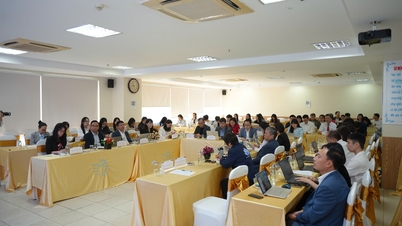

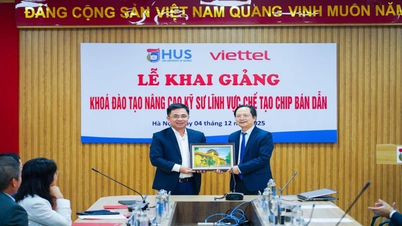




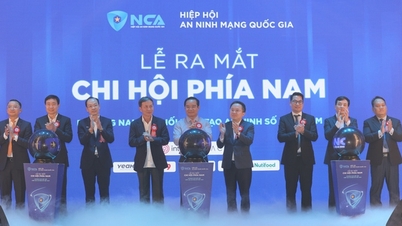
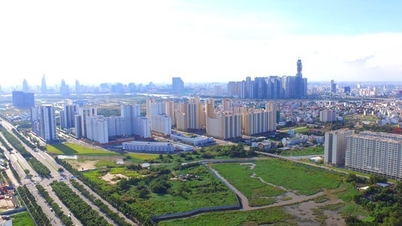
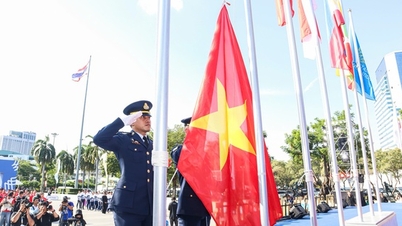

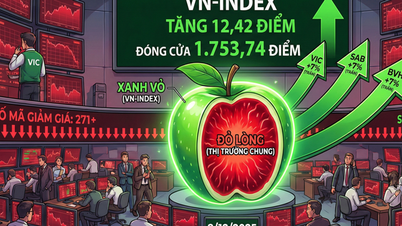
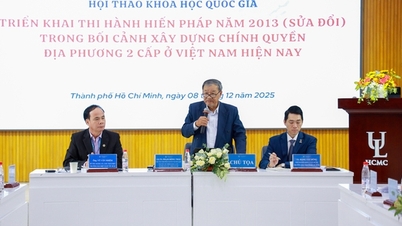
































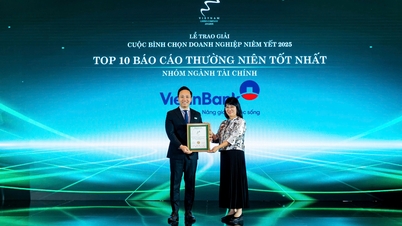






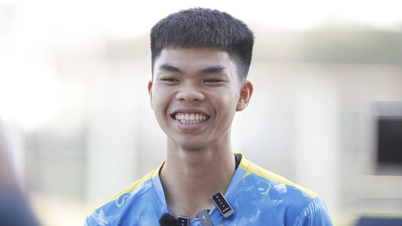



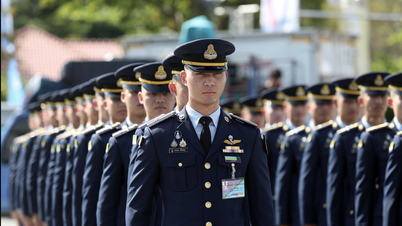


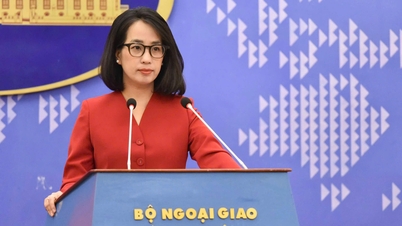












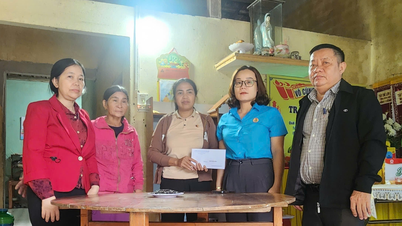
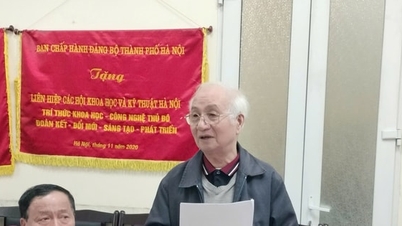
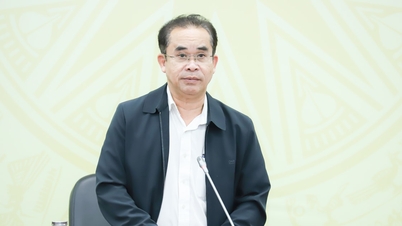


















Comment (0)